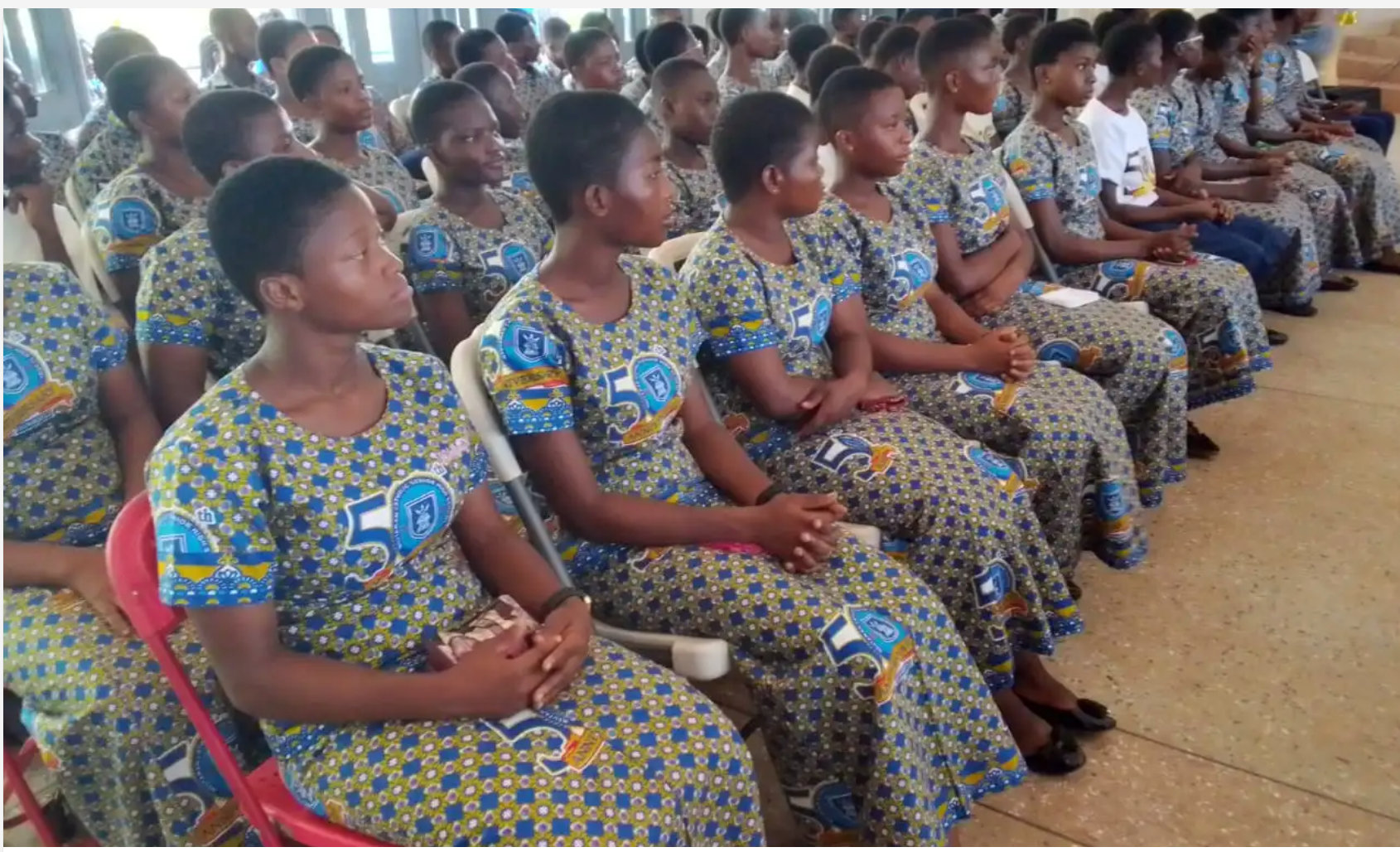WAEC Tightens Examination Registration in Ghana, Emphasizes Integrity
Accra, Ghana—The West African Examinations Council (WAEC) has issued stringent new guidelines for school examination registration for the 2024 academic year, a move that comes amid broader educational reforms in Ghana.
WAEC, the main examining body responsible for conducting standardized tests in English-speaking West African countries, announced this pivotal change.
The council has mandated rigorous registration requirements, including proper name sequencing, accurate date of birth confirmation, and appropriate biometric capturing of candidates. Schools have been warned against registering non-school candidates, which could result in dire consequences, including de-recognition of the school for a minimum of one year.
The updated regulations were announced following a series of nationwide briefing sessions. The registration portal will close on April 19, 2024. The Ghana-only version of the WASSCE is scheduled from August 5 to September 27, 2024.
This directive affects all school candidates across Ghana. It intends to ensure that the registration process is streamlined and that examination standards are upheld across the country.
The new rules underscore WAEC's commitment to academic integrity amid recurring concerns over examination malpractice. WAEC aims to preserve the validity and international recognition of Ghana's examination standards by tightening the registration process and imposing strict consequences for infractions.
The context for these changes lies in the ongoing efforts by Ghanaian educational authorities to enhance the quality and credibility of their academic assessments. In recent years, there have been reports of irregularities and fraud during examination registrations, prompting WAEC to take preventative measures. The emphasis on correct biodata and the barring of 'banner schools' from registering candidates highlight an aggressive approach to curbing these issues.
The stipulated guidelines also highlight the council's responsiveness to students with special educational needs, allowing them to participate fully and equitably in the examinations.
This development is part of a larger narrative in Ghana's education sector, which seeks to maintain rigor and fairness in academic evaluations and ensure that students are evaluated on a level playing field. WAEC's move has been well-received by educational stakeholders, who view it as a necessary step towards enhancing the country's educational framework.
As the registration deadline approaches, schools across Ghana are scrambling to ensure compliance with the new guidelines. This task involves the cooperation of students, parents, and educators alike. The success of this initiative will likely serve as a benchmark for future educational policies in the region.
More news



